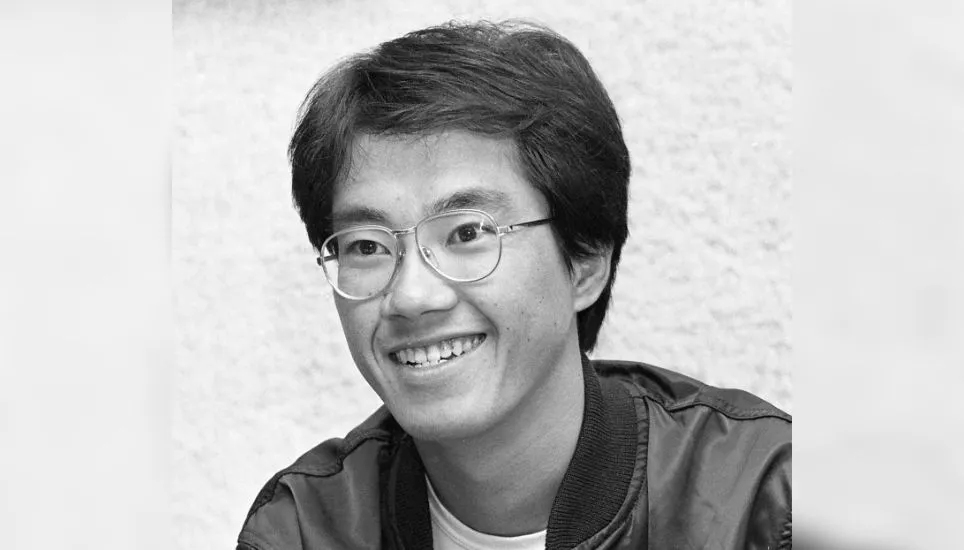
The creator of Japan's hugely popular and influential "Dragon Ball" comics and anime cartoons, Akira Toriyama, has died aged 68, his production team said Friday.
First serialised in 1984, "Dragon Ball" is one of the best-selling manga franchises of all time and has spawned countless anime series, films and video games.
Toriyama died on March 1 because of a blood clot on his brain, a statement posted to the official "Dragon Ball" account on X, formerly Twitter, said.
"It's our deep regret that he still had several works in the middle of creation," said the statement attributed to Toriyama's Bird Studio, which praised the artist's "great enthusiasm".
"He would have many more things to achieve. However, he has left many manga titles and works of art to this world," the statement added.
"We hope that Akira Toriyama's unique world of creation continues to be loved by everyone for a long time to come."
"Dragon Ball" features a boy named Son Goku who collects magical balls containing dragons to help him and his allies in a fight to protect the Earth from evil enemies.
The comics have sold more than 260 million copies in Japan and worldwide, according to publisher Shueisha.
Toriyama was already famous for his comedy manga "Dr Slump" in the early 1980s when he created "Dragon Ball", which he said was inspired by Chinese-style kung fu movies.
The 1990s brought the beloved cartoon "Dragon Ball Z", and Toriyama was also part of the design team for the massively successful "Dragon Quest" games.
Not all the spin-offs have been a hit, however, with the live-action 2009 movie "Dragonball Evolution" flopping at the box office and attracting withering reviews.
Publishing house Shueisha, whose weekly "Shonen Jump" magazine serialised the "Dragon Ball" comics, said it was "greatly saddened by the sudden news of his death".
"His manga have been read and loved all over the world, transcending borders," it said.
'Big shoes to fill'
Eiichiro Oda, creator of Japan's major "One Piece" manga franchise, said in a statement that Toriyama's death was "too soon" and had left "too big shoes to fill".
"To think I'll never see him again... I'm overwhelmed by sadness," Oda said.
Born in Japan's central Aichi region in 1955, Toriyama studied design at an industrial high school.
He worked for three years at an advertising agency in the city of Nagoya before making his debut as a professional manga artist in his early 20s.
In an interview with Japan's Asahi newspaper in 2013, Toriyama described himself as a "difficult" person.
"'Dragon Ball' is like a miracle, given how it helped someone like me who has a twisted, difficult personality do a decent job and get accepted by society," he said.
He told the newspaper he had "no idea" why "Dragon Ball" had become such a huge hit worldwide.
"When I was drawing the series, all I ever wanted to achieve was to please boys in Japan," he said.
The news of Toriyama's death immediately made headlines in Japan, with many fans expressing their grief.
Rua Kimura, 20, said she was inspired by the growth and evolution of the story and characters in "Dragon Ball".
"Since I was a child, I've sometimes felt weak or haven't been good at interacting with others, so watching 'Dragon Ball' made me want to try harder," she said.
Fans paid tribute with art posted under the statement on X, including of Son Goku ascending to the sky with angel wings and a halo.
"Thank you for making my childhood awesome," one wrote.
Anime journalist Tadashi Sudo told AFP that for many manga artists, Toriyama was "a role model".
"Toriyama knew exactly what everybody wants to read -- adventure and the growth of characters," he said.
"Many people -- not only creators in Japan, but those abroad -- saw in his works the culmination of what entertainment should be like," Sudo said.